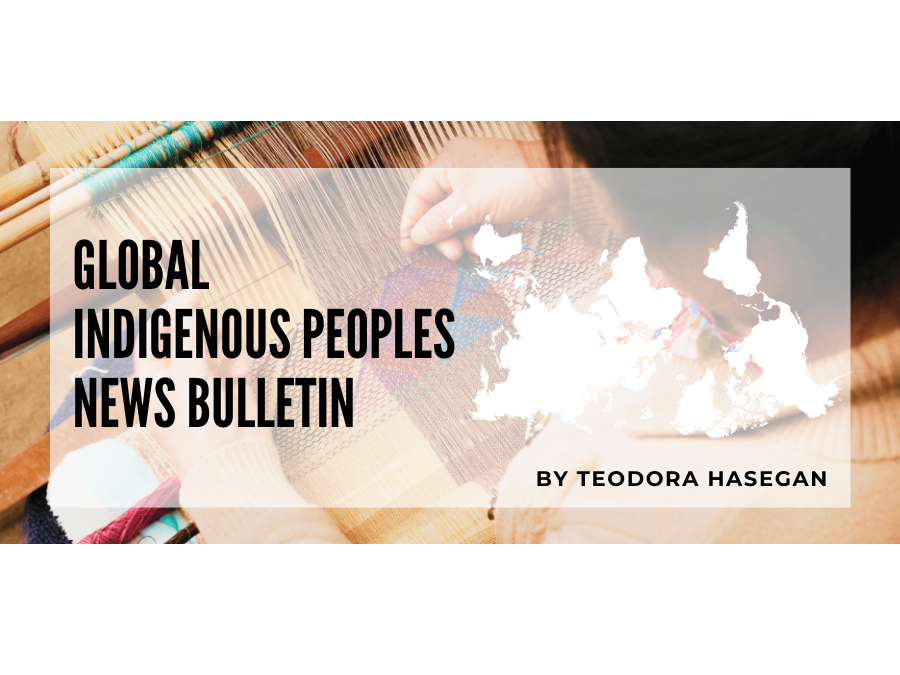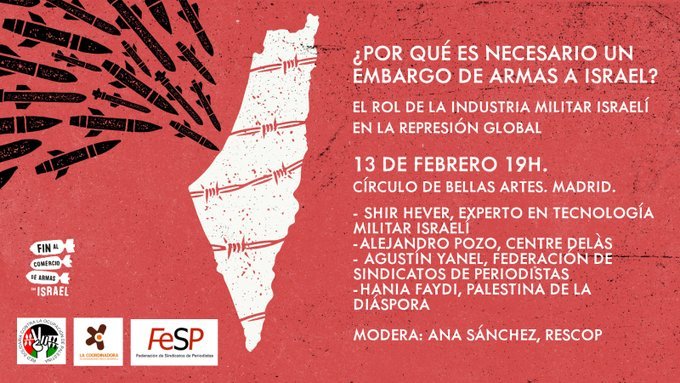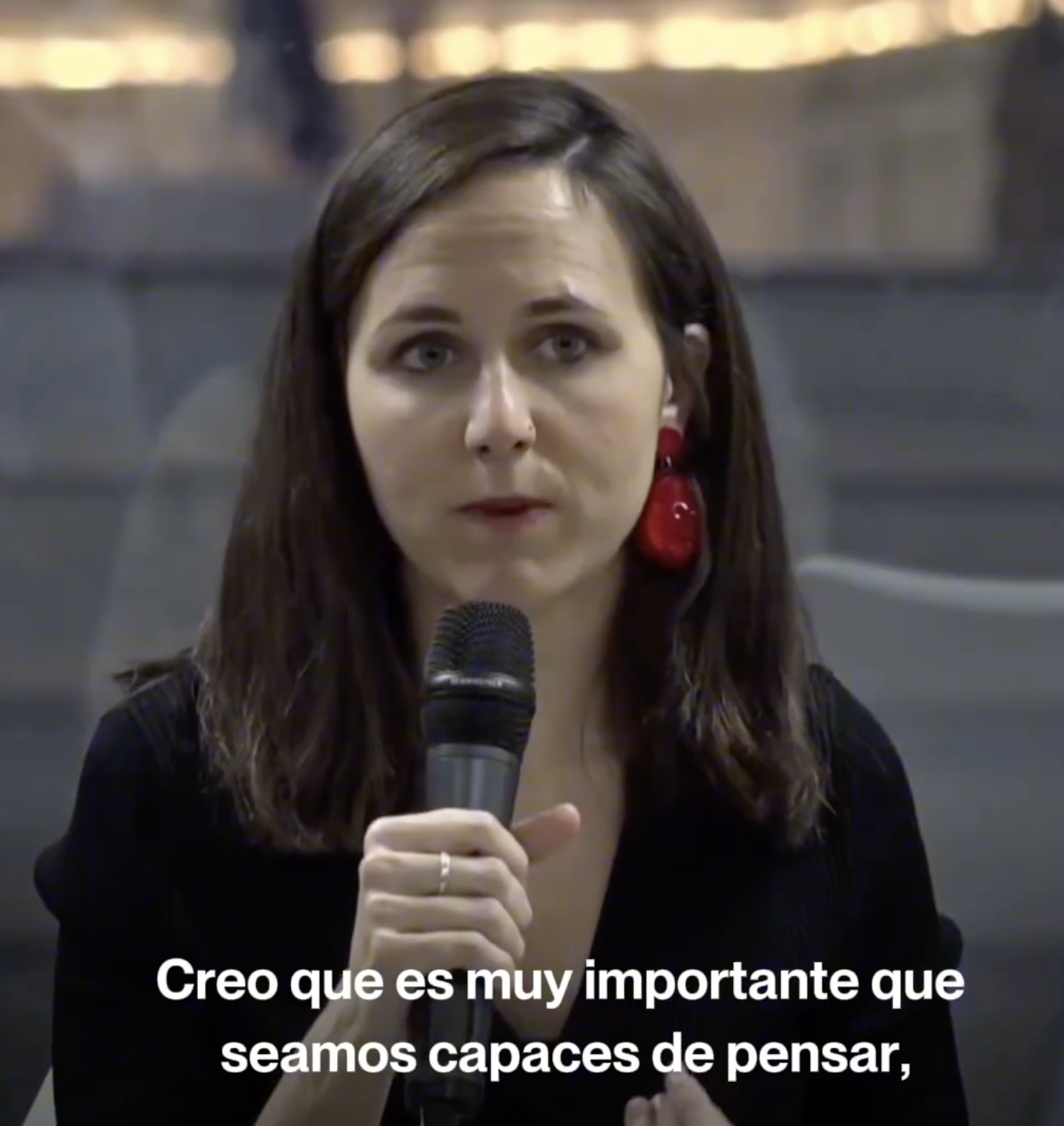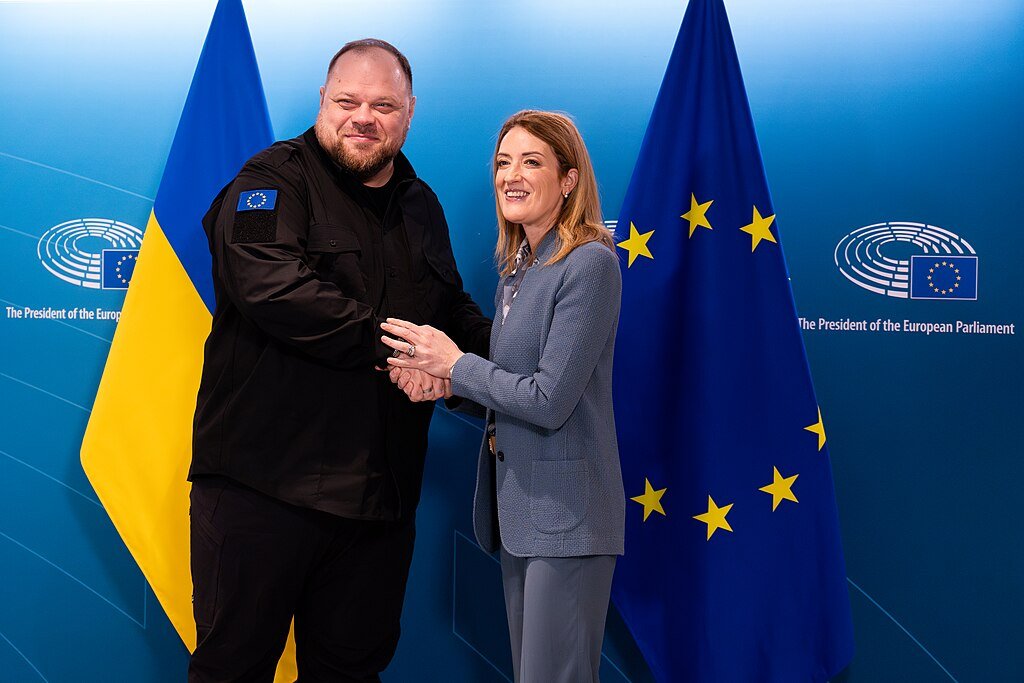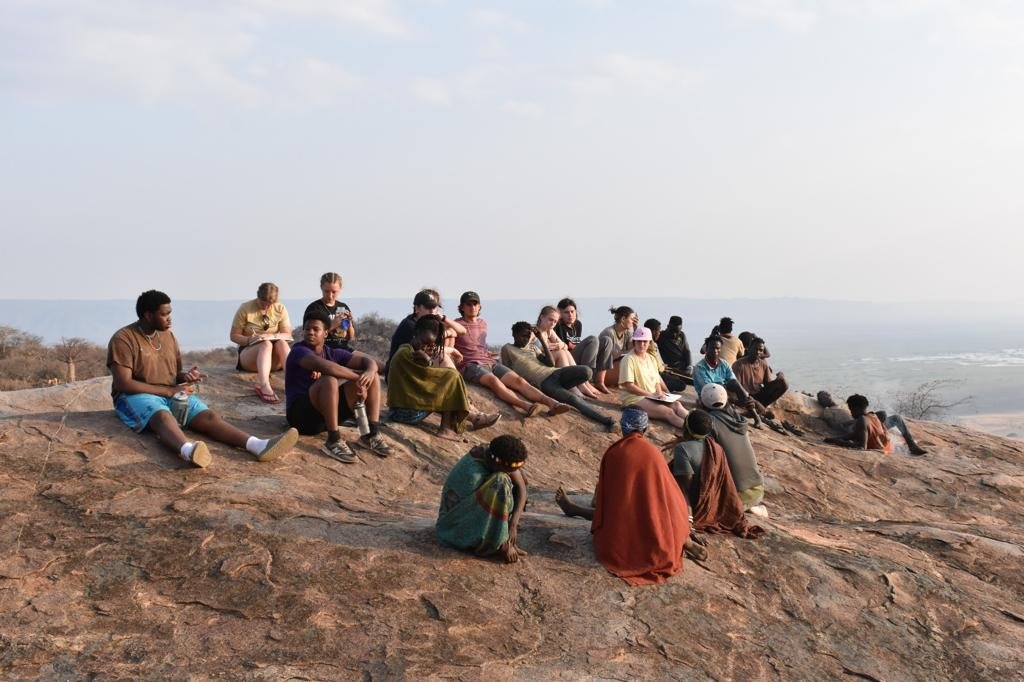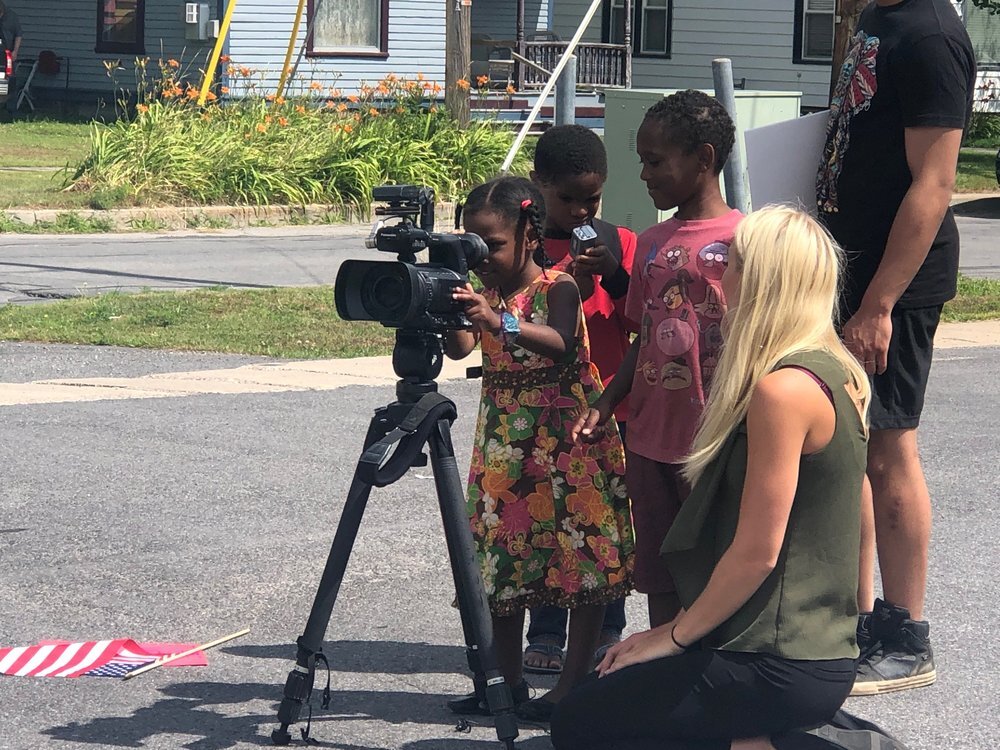
Stories
News

Analysis
Voices
Podcast
Announcements
Events

All Stories
Expressing Unity and Revolution: Lebanon 2019
By Cassandra Kunert
In her first installment for our Weaving the Streets project, Cassandra Kunert reports on what she observed when she went to Beirut, Lebanon, in search of street art - only to find a city whose population was rising up in huge numbers against the existing political and economic order.
“In My Own Backyard”: SUNY Potsdam Professor on Archaeology as Entry Point to Local History, Instrument of Social Justice
By Nicole Roché
“I think there’s something really compelling about living and researching in the same place. To feel more grounded, quite literally, by going into the ground. I think there’s a power to that. Of staying and learning more about where you live.” Nicole Roché introduces us to Dr. Hadley Kruczek-Aaron, who does archaeological research at the intersection of local history and social justice.
Becoming Visible: Navigating Addiction in the North Country
By Connie Jenkins
What do we encounter every day that most of us just don't see? The cruelest life circumstances are translated into statistics — cold percentages that don’t fully show the heartache of poverty, addiction, crime, and loss. The numbers represent real people in our hometowns who are struggling to cope, to build or rebuild their lives, but it’s as if they’re invisible to us. Connie Jenkins introduces us to two “life in progress” stories of North Country residents who have battled substance abuse.
Scarred Childhoods of the Kashmir Conflict
By Ifat Gazia
“I want children of the future to have memories different than my own - so that when they remember the sunshine, it is not in the pain of loss, in the heat of flames,” write Ifat Gazia in her first piece for Weave News. Gazia has lived through the daily reality of militarization in Kashmir, where the impact on ordinary people is tremendously underreported. Join her on this journey of memory, anger, and hope.
Interweaving with Hanif Abdurraqib: “To know that I cannot move the world on my own means that I can’t be silent”
By Nicole Roché
On the morning of October, 11, 2018, poet and essayist Hanif Abdurraqib spoke with students on the St. Lawrence University campus, where the subjects ranged from Kanye West to Black Lives Matter to Abdurraqib’s extensive sneaker collection. After the Q&A, Nicole Roché, who teaches a class about storytelling and identity in the first-year program at St. Lawrence, interviewed Abdurraqib about his work and about his experiences talking with young people in America.
Pigs In Our Politics: The #MeToo Movement in France
By Alexandra Nicoletti
In this reflection on the experience of living and studying abroad as an American in France, Alexandra Nicoletti explores the complex process of cultural translation involved when the #MeToo movement crosses the Atlantic.
Somdeep Sen on Israeli Settlements and the Normalization of Palestinian Dispossession
By John Collins
What role does spatial planning play in the Israeli process of colonizing Palestinian land? Researcher and longtime Weave News contributor Somdeep Sen discusses this issue in a recent podcast hosted by the Danish NGO Mellemfolkeligt Samvirke.
Haymarket: Living History on the Streets of Chicago
By John Collins
“We want to honor Lucy Parsons’ legacy, Albert Parsons’ legacy, and the legacy of what brought us this idea that one day, all the workers of the world will unite.” With these words from labor activist and tour guide Larry Spivack, reporter John Collins reflects on a labor history walking tour of Chicago.
Journey Into the Unknown: One Professor's Take on a Community-Based Art Project
By Jessica Sierk
What happens when high school students in rural northern New York get the chance to speak for themselves, through art, about the pressures they are facing? Jessica Sierk describes the genesis and implementation of a unique community art collaboration bringing together students from Canton Central School and St. Lawrence University.
Surviving PWIs for POCs: Two Too Many
By Jarrodd Davis
Jarrodd Davis on the Mayweather vs. McGregor fight: "What had I gotten myself into? We gathered in a white space to watch America’s race relations play out on a literal stage and in real time."
Enough is Enough: School Walkout at St. Lawrence University
By Wyatt Adams
At 10:00 a.m. on March 14th, St. Lawrence students and faculty gathered on the university’s Quad as part of the national school walkout against gun violence in schools. More than 200 students, faculty, staff, and community members gathered despite heavy snowfall in a show of solidarity with students across the nation standing up against the epidemic of shootings in America’s schools.
Surviving PWIs for POC: Keeping Up Appearances
By Cordenne Brewster
"I still felt skepticism when someone told me there was no racism in Massachusetts, even after they had told me the white supremacists I had heard about '[weren’t] a big deal,'” Cordenne Brewster writes in the first entry of Surviving PWIs for POC, a new series from Weave News.
“They’ll Take the Sea From Us”: A Nautical Glimpse Into Palestine’s Colonial Confinement
By John Collins
“In the past, fishing was better, because we could go out 12 nautical miles and no one targeted us,” observes one of the young Gazan fisherman. “Now, it’s only six miles and there’s no fish there.” This basic fact - the literal shrinking of the space within which people in Gaza can engage in fishing without risking harassment and death at the hands of the Israeli military - lies at the core of “Six Miles Out,” a striking new video released on Facebook last week by the We Are Not Numbers project (whose work has been featured previously here on the Weave News site).
Attack on Academia, Part 5: Interview with Tommy Curry
By Sarita Farnelli
"We’re moving back into a period of time when being a Black academic or a racialized minority in the university is an extremely dangerous occupation. People are threatening our lives because of our research. People are threatening our jobs because of our research." --Dr. Tommy Curry
#WeaveNews10 Preview with Filmmaker Quester Hannah
By Nicole Eigbrett
Nicole Eigbrett, social media director for Weave News, chatted with filmmaker Quester Hannah about his experiences and what to expect from his presentations at the Weave News 10th Anniversary Conference.
The Pain of Waiting
By Karama Fadel
Despite the long coastline and the existence of seven crossings between its territory and Israel and Egypt, the Gaza Strip remains cocooned in a zone of isolation due to its neighbors’ punitive restrictions. Ships are not allowed by Israel to enter or leave, the lone airport was bombed in 2000, and no one may visit or exit by land without obtaining rarely given permission from the two countries’ military authorities...Thus, for Palestinians, trying to travel is arduous, slow and humiliating. But necessity knows no law, and we keep trying. Why? It’s about living with dignity and in peace. It’s about freedom. It’s about the health of our loved ones, uniting our families, studying for advanced degrees not available inside Gaza. There are multiple reasons why we insist on trying to travel, but the same ultimate goal.
'We Are Taught to Find Enemies': A Conversation with Peace & Justice Activist Jack Gilroy
By Chloe McElligott
Weave News correspondent Chloe McElligott speaks with Jack Gilroy, a Veterans for Peace member whose lifelong journey of social justice activism has taken him from military service to self-imposed exile in Australia to campaigns against militarism throughout the United States. Situating himself within the tradition of radical Catholic antiwar organizing, Jack finds hope in the "search for young people who are individuals with a sense of true justice, have a sense of morality, who are not on an ego-trip, who are not on a power trip, but are more concerned with reaching out with compassion and generosity to the world."
‘War is a Failure’: A Conversation with John Casserly
By Chloe McElligott
It boggles my mind to think that the United States spends so much money and energy on war, a venture that always ultimately leads to destruction and death. Though it is debatable whether war is underreported (obviously, some wars are underreported, depending on who is fighting and dying), I do think the issues of peace movements aren’t discussed enough by the news media. This led to my desire to start interviewing pro-peace/anti-war veterans and creating miniature profiles of them, starting specifically with members of Veterans for Peace. These are people who, at some point, probably saw military service as one of the highest performances of patriotism. Eventually, however, they became disillusioned with the U.S. as a military power, and for me this gives their criticisms of war even more credibility.

